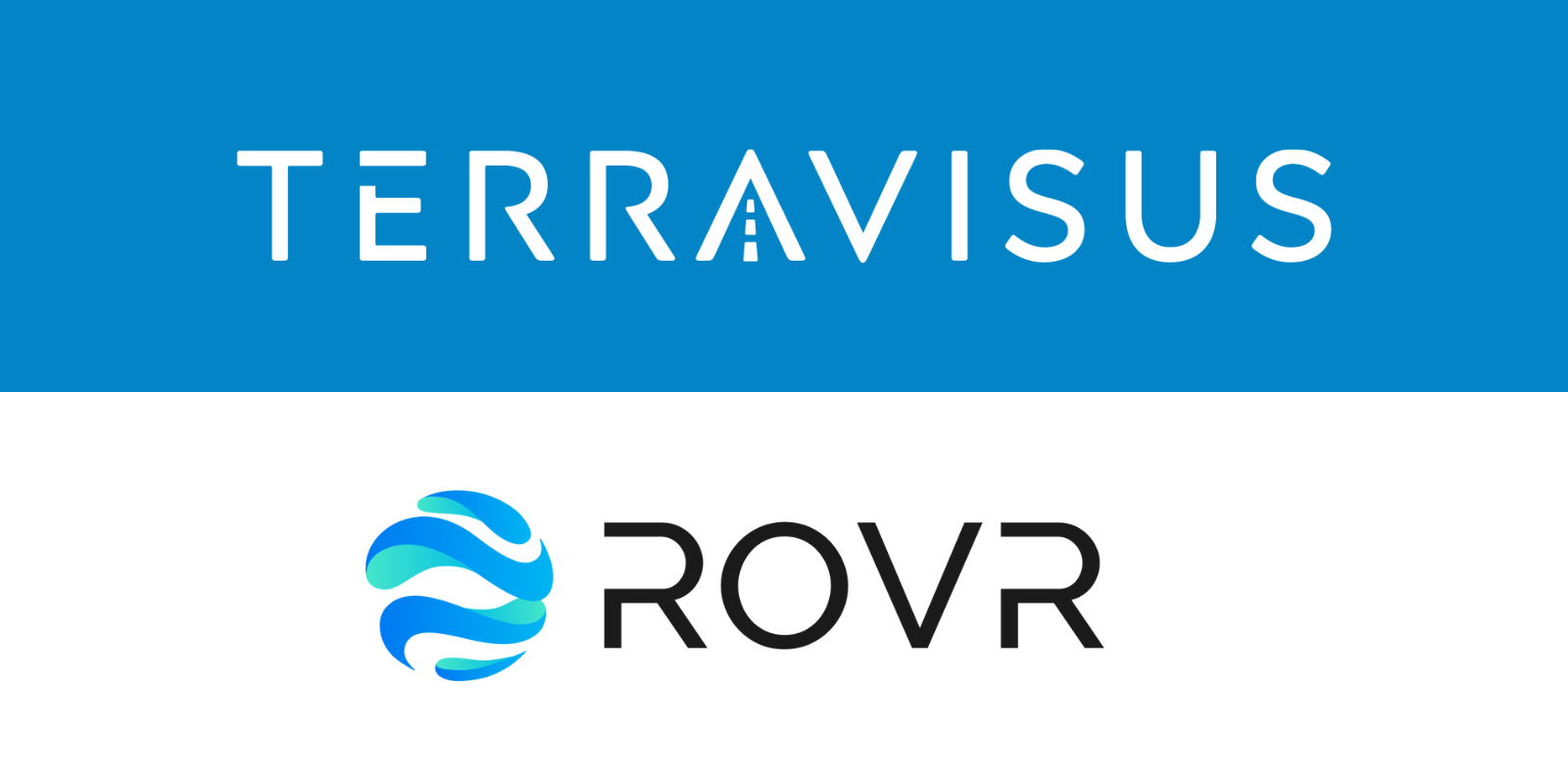Smart cities, autonomous vehicles, digital twins, mapping and navigation, and urban planning are just some of the industries that require detailed, accurate, and continuously updated street-level imagery and LiDAR data.
What I learned from GEO Business 2023
The world of geospatial technology is advancing at an incredible pace and the annual GEO Business 2023 conference in London is the perfect opportunity for industry professionals, researchers and enthusiasts to gather and share knowledge. Alongside my colleague Andrew Baddeley, COO and co-founder of Terra Visus Ltd, I had the pleasure of attending this fantastic event last month at the ExCel in London and learning about some of the latest trends and innovations, offering solutions to some of the most pressing global challenges. In this blog post, I'll be sharing the most interesting things I learned at the two-day event.
The Power of Artificial Intelligence
AI is a hot topic at the moment and its integration with geospatial technology is taking the sector to new heights. At GEO Business 2023, presenters demonstrated exciting use cases of machine learning models and computer vision algorithms being applied to geospatial data. Experts predict that AI's rise in geospatial technology will revolutionise the way we capture, manage and analyse location-based data to make informed decisions.
The Ubiquitous Role of Drones
Drones have been around for a while, but their use in geospatial technology has never been clearer. Multiple exhibitors at GEO Business 2023 showcased state-of-the-art drone technology, including sensors and software that map the earth's surface and gather data on physical infrastructure. Drones are proving incredibly beneficial to surveying and mapping projects, particularly in challenging environments that are difficult to access.
The Importance of Indoor Mapping
Traditionally, geospatial technology has focused on outdoor spaces, but with more and more requirements for indoor mapping, mapping technologies are being developed for both indoor and outdoor use. At the conference, speakers described how 3D scanning, imaging and machine learning can be used to map the interior of buildings and spaces, providing data that can be used to optimise facilities management, emergency response planning and more.
We had the opportunity to listen to speaker Matthew Shaw, Director and Co-Founder of ScanLAB who spoke about the creative ways in which point cloud data is being used in the TV and film industry. By using large scale 3D scanning, ScanLab digitises temporary moments and spaces into ‘compelling permanent experiences’. Matthew touched down on three case studies, one of which was ‘Invisible Cities’ that ScanLab collaborated on with the BBC and Oscar winning director Danny Boyle on. We got to see some footage where ScanLAB’s visuals reveal historic buildings, showing the viewer a much more realistic picture of how architecture was during this period and giving the viewer a whole new learning experience. Hearing Mathew speak with such creativity and passion was extremely inspiring and really brought history to life. I urge you to check out ScanLAB and watch this amazing documentary.
We also got to check out NavVis and their all-new VLX 3 - a wearable, mobile mapping system that scans complex sites both indoors and outdoors, dramatically cutting project time. This system is leading the way in the mapping world and we enjoyed learning more about its capabilities.
It’s very clear the advancements in indoor mapping could be game-changing for sectors like retail and warehousing, where optimising utilisation and resource allocation are paramount.
The Fascinating World of Augmented Reality
Augmented Reality (AR) took centre stage at GEO Business 2023 and for an excellent reason. AR overlays digital objects and information onto the real-world environment, providing an immersive experience that has the potential to transform various industries. Several presenters demonstrated how AR could be used in the construction industry, for example, to overlay building plans on the real-world construction site, providing a visual overlay on progress and ensuring that specifications are being met.
In conclusion, GEO Business 2023 was a welcomed opportunity to gain insights into cutting-edge geospatial technology. The conference highlighted AI, drones, indoor mapping and augmented reality as the most crucial areas of focus. It was clear from the event that the geospatial industry will continue advancing due to the intersection of geospatial technology with emerging technology.
I can't wait to see what next year's event will bring and would like to thank all the event organisers who made it such an interesting and enjoyable couple of days.


